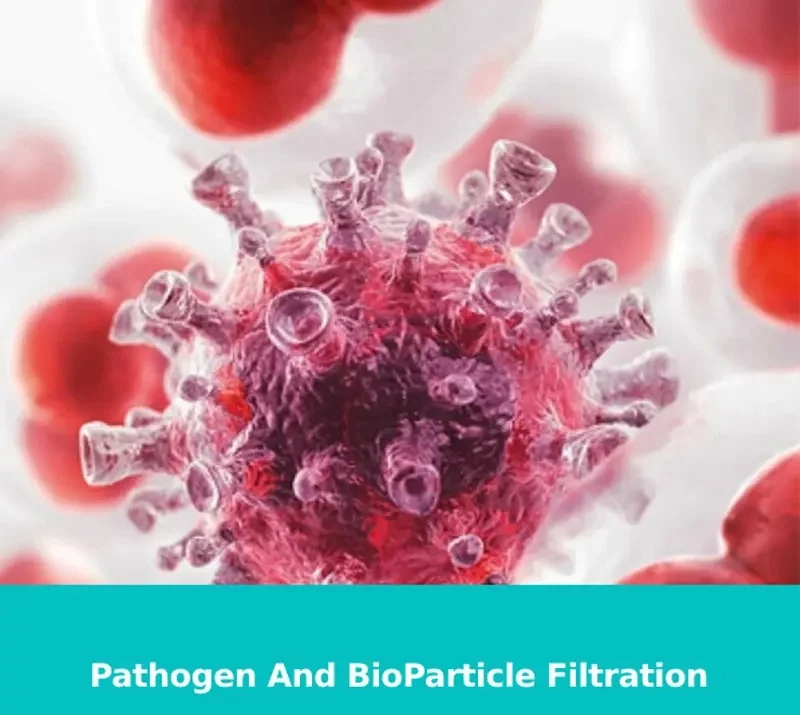
PROJECT OVERVIEW
PROJECT DETAILS
- Category R&D

Carbohydrate-Protein interactions are the most universal molecular binding events among biological systems. The use of carbohydrate-based sensors allows detection of pathogens in complex mixtures of cells or protein using the known carbohydrate binding epitopes of the pathogens in question.
This approach is ideal for whole-cell applications because sensors present carbohydrate ligands in a manner that mimics interactions at cell-cell interfaces.


Carbohydrate-based sensors are also utilized for screening of pathogen–receptor interactions in binding and inhibition studies.
The recent advancements in biosensor research make diagnostic tools based on carbohydrate sensors promising for infectious disease detection, the development of antiadhesion therapeutics but also forensics applications in biothreat situations. Aquila Bioscience has applied the Pathogen Capture Technology in the area diagnostic biosensors and forensics to offer (i) improved sampling capabilities, (ii) selective and discriminatory enrichment for known biothreat agents, (iii) significant reduction in background noise; (iv) greater sample integrity and storage; and (v) compatibility with existing detection systems.

